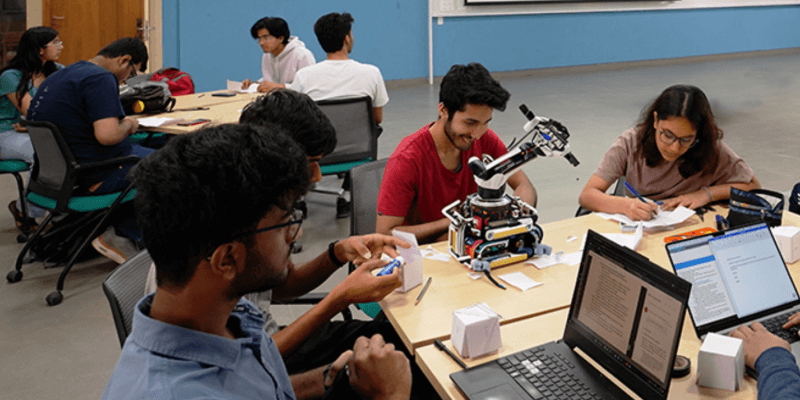Today, there is a big push to integrate the Humanities with conventional Engineering curricula, as students need to be aware of technological advances as well as the changing requirements of the job market. Engineering graduates from India have been faring poorly in getting jobs, which has warranted a much-needed correction in curriculum design. This is where the Humanities make an important contribution by teaching critical thinking and communication skills along with other transdisciplinary courses.
Emphasis on integrating the Humanities is already a central pillar of Engineering curricula in certain universities. The execution of interdisciplinary efforts has provided an important opportunity to critically evaluate the learning objectives of both subjects. However, with many Humanities programmes being shut down due to lack of funding, a less-asked question is whether there is a need to revamp the Humanities curriculum as well? Can Engineering studies contribute to the re-imagination of the Humanities?
Four insights
Although both disciplines are concerned with problem solving, the difference lies in the methodology followed. Here are four key ways in which insights from Engineering can be applied to Humanities.
First is the approach of practical and real-world problem-solving. The Humanities focus on the conceptual and theoretical nature of problems. Grounding them in daily life will make these subjects more relevant to the world around them.
Second, the Humanities subjects must go beyond ideation and conceptualisation and emphasise the need to find practical solutions.
Third, these solutions must not remain theoretical but must move into the realm of implementation. Engineers tend to put the solution out, creating a strong link to the world around them.
Last, like engineers, practitioners of the Humanities must also measure impact of their ideas.
In an age where academic funding is reducing, a reimagination of the Humanities with a focus on real-world practical problems, offering practical solutions, implementing them and providing solid, quantifiable measures of social impact is required.
Interdisciplinary studies is not a one-way street. While there is much that the world of Engineering can learn from the Humanities, the reverse is equally true.
This article was originally published in The Hindu . The writer is Director, Centre for Thinking, Language and Communication and Associate Professor of Practice, Plaksha University.



